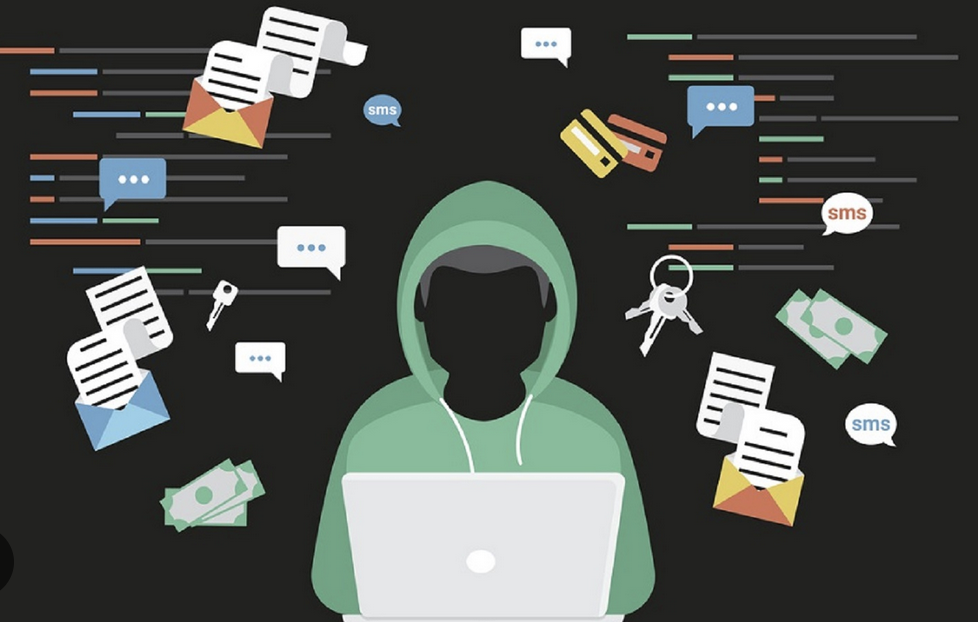For average individuals, several prevalent cybersecurity threats pose risks to personal data, privacy, and financial security. Here are the top 10 cybersecurity threats that can affect everyday people:
- Phishing Attacks: Phishing involves fraudulent attempts through emails, text messages, or websites to obtain sensitive information such as passwords, credit card details, or personal data.
- Ransomware: This type of malware encrypts files or locks users out of their devices, demanding a ransom for decryption or device access. Ransomware attacks can be devastating, leading to data loss or financial extortion.
- Identity Theft: Cybercriminals steal personal information, like Social Security numbers, addresses, and birthdates, to impersonate individuals, open fraudulent accounts, or commit financial fraud.
- Weak Passwords and Credential Theft: Using weak or easily guessable passwords can compromise accounts. Credential theft involves obtaining login details from breached databases or through phishing attacks.
- Malicious Software (Malware): Malware includes viruses, worms, Trojans, and spyware that infect devices, steal information, or cause system damage.
- Public Wi-Fi and Man-in-the-Middle (MITM) Attacks: Unsecured public Wi-Fi networks can expose users to MITM attacks, allowing hackers to intercept communications and steal sensitive data.
- Social Engineering: Tactics like manipulating individuals into revealing personal information or performing certain actions through phone calls, emails, or messages.
- Internet of Things (IoT) Vulnerabilities: Smart home devices, wearables, and other IoT devices can be exploited due to weak security measures, potentially allowing unauthorized access to personal data.
- Fake Apps and Software: Downloading apps or software from untrusted sources can lead to the installation of malicious programs or fake applications designed to steal information or infect devices.
- Online Scams and Fraud: Various online scams, including romance scams, lottery scams, tech support scams, and investment scams, aim to trick individuals into providing money or sensitive information.
To mitigate these threats, individuals can take several preventive measures:
- Use strong, unique passwords for each account and enable multi-factor authentication.
- Regularly update software and operating systems to patch security vulnerabilities.
- Be cautious of unsolicited emails, messages, or calls asking for personal or financial information.
- Use reputable security software and firewalls on devices.
- Avoid clicking on suspicious links or downloading attachments from unknown sources.
- Use secure and encrypted connections, especially when accessing sensitive information or conducting financial transactions online.
- Regularly monitor financial statements for unusual activity to detect signs of identity theft or fraud.
- Educate oneself about common cyber threats and practice good cybersecurity hygiene.
Staying informed and adopting proactive cybersecurity habits is crucial for averting many of these threats and protecting personal information and digital assets.




